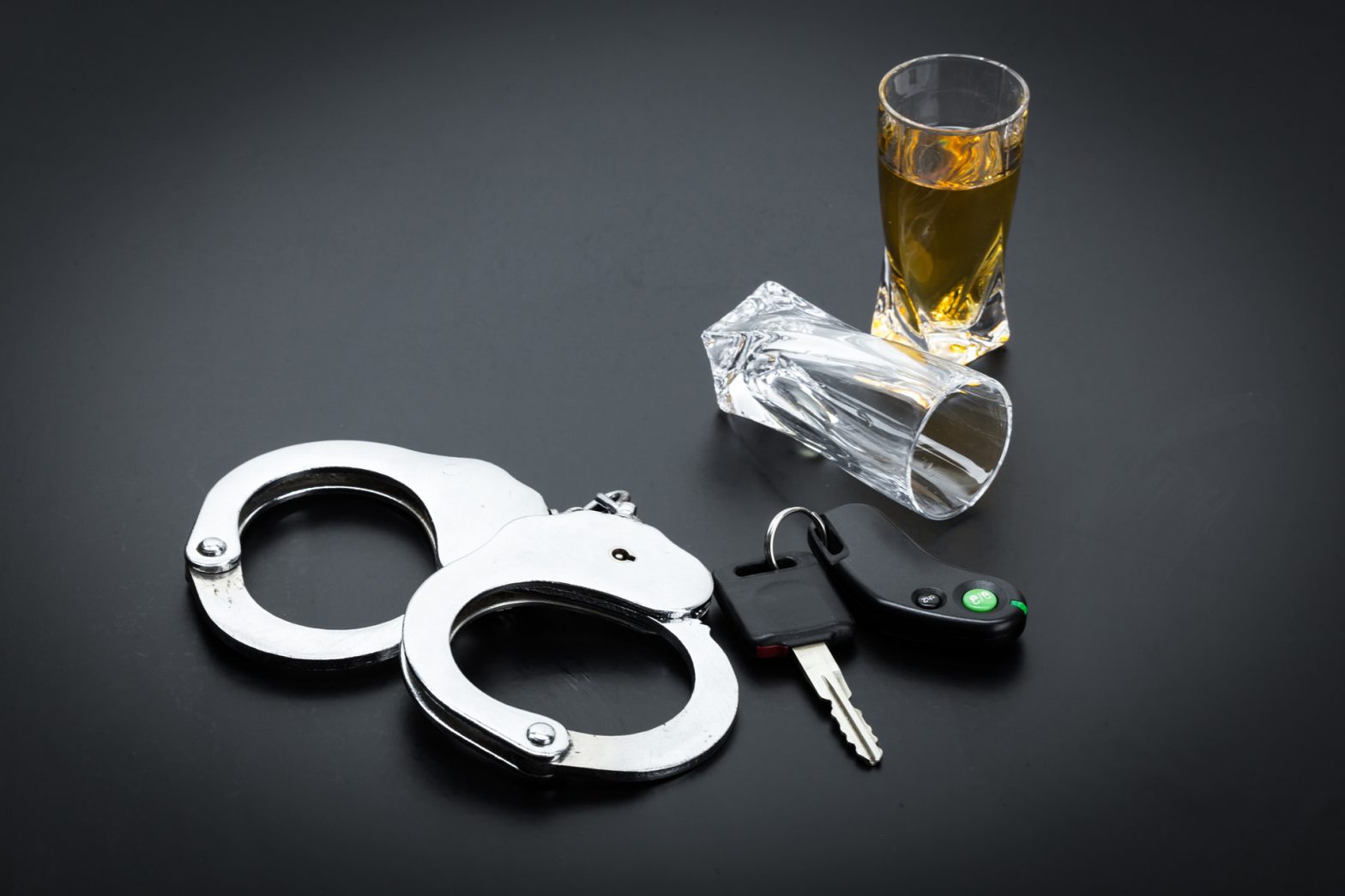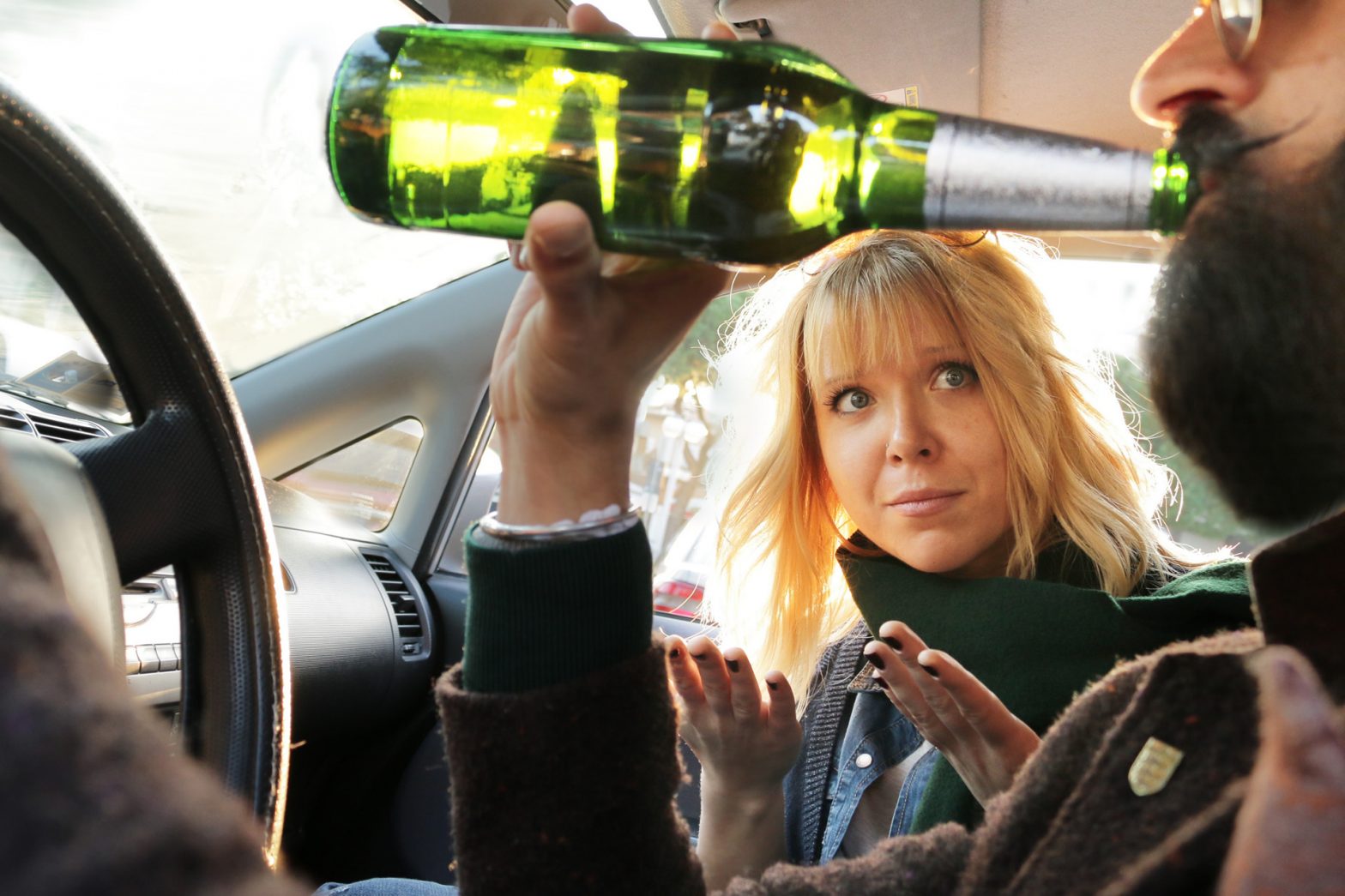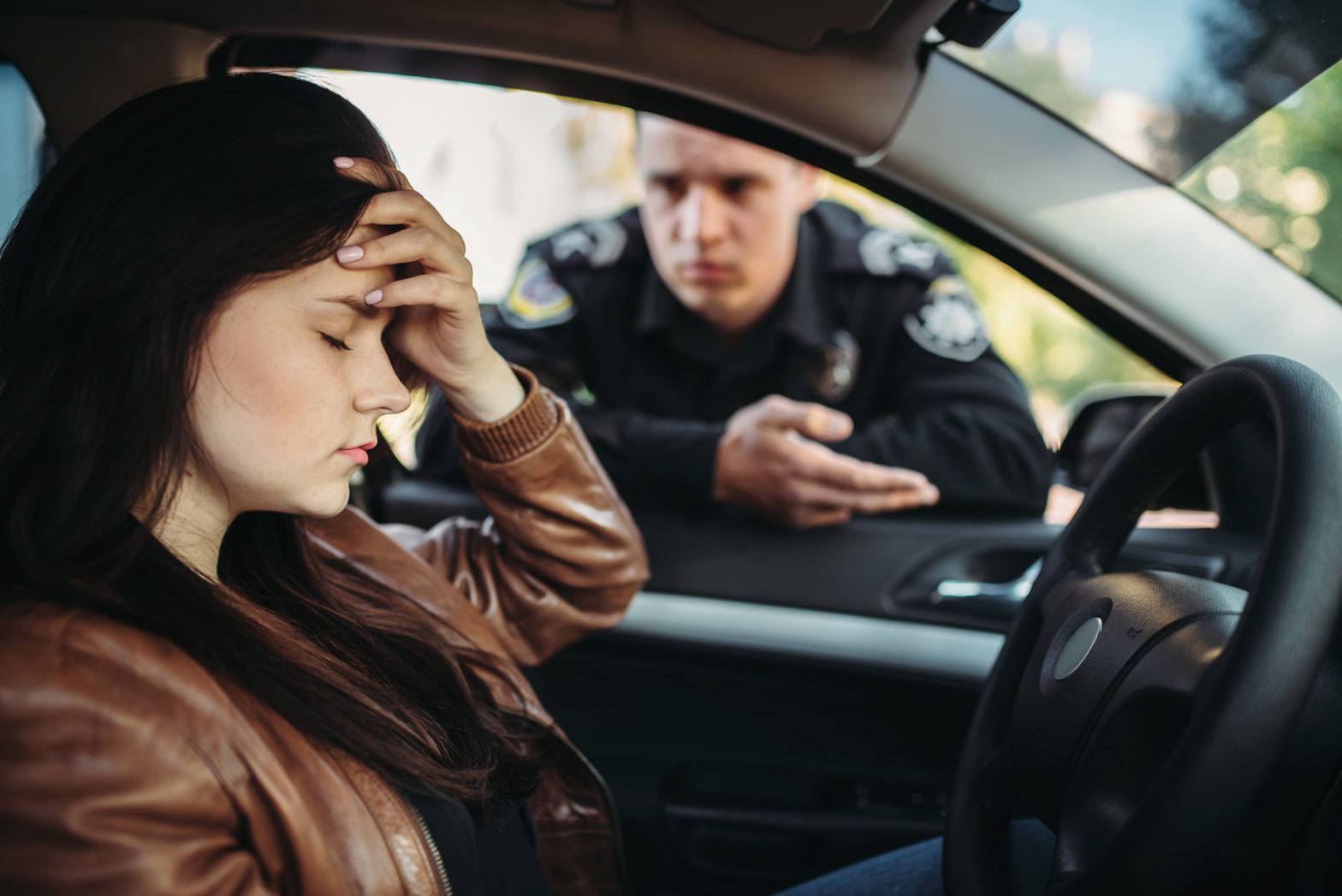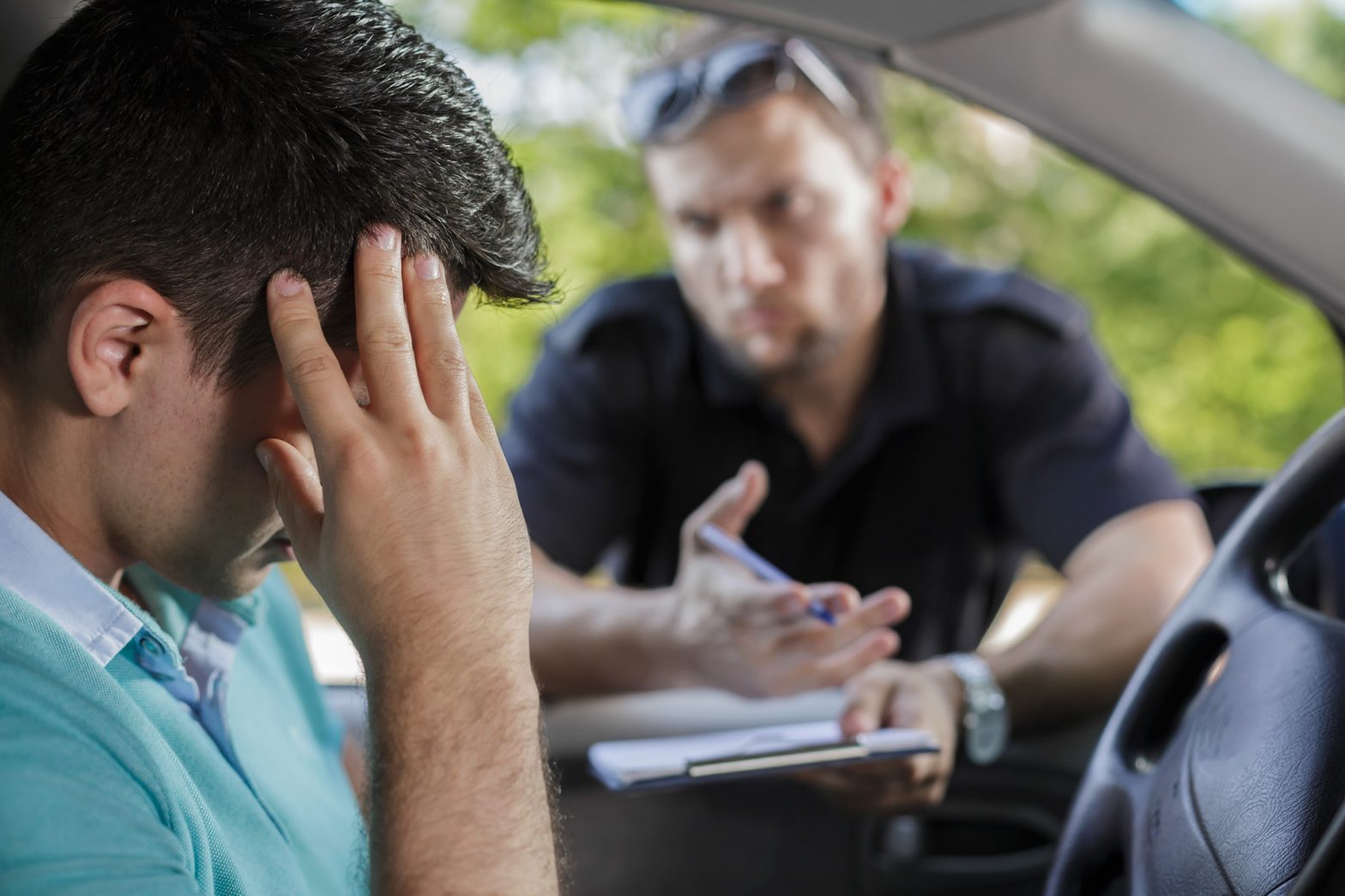There are direct costs and indirect costs associated with a DWI/DUI. Direct Costs include attorney fees, court fees and DMV fees. Indirect costs include higher insurance costs, court mandated alcohol counseling and the cost of finding alternate means of transportation. In total, a DWI can cost thousands of dollars.
Is a DWI/DUI a felony?
In New York State a first offense DWI/DUI is generally charged as a misdemeanor with some exceptions. If you have a child in the car, the DWI/DUI charge can be elevated to a felony. For the most part, however, a first offense is charged as a misdemeanor and is usually pled down to a traffic violation of Driving While Ability Impaired. Two DWI’s within a 10 year period can also be charged as a felony.
Can a shoplifter be charged with robbery?
I have seen many instances where a individual committing a minor shoplifting offense gets charged with robbery. This usually arises when a store security officer or other store employee attempts to stop the shoplifter and gets hurt in the process. The shoplifter sometimes panics and shoves the employee out of the way. If the employee gets hurt, the shoplifting becomes a violent felony offense of robbery.
Can a passenger get charged with allowing an intoxicated person drive their car?
I am licensed to practice law in New York as well as Tennessee. In Tennessee you can get charged for allowing an intoxicated person to drive if you are in the vehicle with them. In New York that is not the law yet. However New York does make it a criminal offense to facilitate aggravated unlicensed operation. So if you allow someone with a suspended license to drive your vehicle, you can get charged with a crime. I anticipate that it is just a matter of time before New York criminalizes facilitating DWI.
Is it illegal to drink and drive on a lawn mower?
The answer is yes if you are on a public road. For instance, you cut your grass and drink a few beers. You then decide to be a nice neighbor and drive down the street to cut you neighbor’s lawn. If you get pulled over on your street, you are subject to the same drinking and driving rules that govern the operation of your car. You can get a DWI/DUI and end up in criminal court defending the charges.
If I am pulled over by the police, what information do I have to answer?
Often times police will attempt to engage you in conversation to gauge whether or not you are under the influence of alcohol. The truth is that you are only required by law to provide biographical information (name, address, date of birth, etc.). Beyond that, you have a right to decline to answer questions. Keep in mind, however, that you should never argue with the police. Always be polite and respectful.
Should I hire a lawyer for a traffic ticket
The answer is absolutely. If you go to court without an attorney, you will likely receive several points on your driving record. This will result in higher insurance premiums and possibly getting dropped by your insurance company. If the prosecutor allows you to avoid points by going to driving school, you will spend hours of your valuable time in the school and still end up paying a large fine in addition to the cost of the driving class.
Man, driving wrong way on Route 33, faces charges of DWI
A 27-year-old Buffalo man was captured on DWI charges, Sunday. After reportedly leaving the scene of an accident. Brandon Torrence of Buffalo was driving the incorrect route on the Kensington Expressway. When he struck another vehicle at about 2:15 a.m., police said.
Torrence kept driving, however was halted later on Fillmore Avenue, police said.
The driver of the other automobile was taken to Erie County Medical Center. After that he was treated for non-hazardous wound.
Police accuse Torrence of DWI and fleeing the scene of an accident.
LA City Council Passes $9.9 Billion Budget for 2018-2019
The Los Angeles City Council approved a $9.9 billion spending plan for the next fiscal year recently, boosting contributions to the city’s cash reserves and funding for housing projects for the homeless.
In a 15-0 vote, the City Council approved a budget that will, among other things, increase staff at the 311 call center, spend over $260 million on repairs for the city’s most damaged streets and sidewalks, add 70 beds to domestic violence shelters, and fund Census 2020 outreach and educational efforts.
City lawmakers also approved a series of motions Monday to boost the budget stabilization fund to $107 million – above the $104 million proposed by Mayor Eric Garcetti – and the reserve fund to $351 million, $8 million above what the mayor requested.
An additional $6 million was approved by the council for a mid-year budget fund to make up for any potential shortfalls.
Garcetti’s proposed budget, unveiled on April 19, relies on a projected 5.6 percent increase in revenues from property, sales and hotel taxes.
Meanwhile, cannabis shops are expected to pump $10 million in additional revenue according to a May 15 report by the city’s chief legislative analyst.
Total revenue from legal pot is less that what the city estimated, however: In June 2017, City Controller Ron Galperin estimated the city could see $50 million in taxes from marijuana in 2018.
The proposed budget includes $2.3 million for staff to enforce laws against unlicensed cannabis businesses.
It includes $91 million for Vision Zero, a project to eliminate all traffic deaths by 2025, and other traffic and pedestrian safety projects.
The budget also commits $10 million to a fund for police overtime pay and $9 million to hire 195 firefighters.
Pension costs for the city’s public employees, meanwhile, are projected to increase by $91.8 million, bringing total spending to $1.2 billion over the next year.
Riding the wave of a strong state economy, Garcetti – a potential 2020 presidential candidate – proposed a 7.6 percent increase from last year’s budget.
In early May, California climbed the global rankings to become the fifth largest economy in the world. But not all residents are thriving in the state’s economic boom.
California leads the nation with both the highest number of people experiencing homelessness – about 134,000, or 24 percent of the nation’s total – and the highest proportion of unsheltered homeless people of any state at 68 percent, according to a California State Auditor report issued last month.
A report by Phil Ansell, director of Los Angeles County’s homeless initiatives, said nearly half of LA County residents pay more than 30 percent of their income on rent.
Over 80 percent of the lowest income residents who make under $15,000 annually pay more than half their income on rent, according to county data.
The City Council-approved budget would create a $20 million fund for emergency homeless shelters in districts across Los Angeles and spend $176 million on programs to address homelessness.
The bulk of financing for homelessness programs comes from Proposition HHH, a tax approved by Los Angeles voters in November 2017.
The next fiscal year will be the first full year of Proposition HHH funding. The parcel tax is expected to raise $1.2 billion in bonds for the construction of 10,000 housing units.
Garcetti’s proposed budget kicked off weeks of public hearings by lawmakers, analysis from city officials and comment from the public.
In a May 3 letter to city leaders, the Historic Highland Park Neighborhood Council said the issues of homelessness and lack of affordable housing have been “endlessly discussed but so far have lacked satisfactory resolution.”
The neighborhood council also took issue with the amount lawmakers allocated to the reserve fund, which they said is below state requirements.
“We want the fiscal resilience to feel confident about our future,” the letter said.
All 15 council members were elated once the final votes were tallied.
Councilmember Paul Krekorian said it was the fastest city budget process in recent memory.
“No one should think the speed at which this process was completed should indicate any kind of lack of vetting,” Krekorian said.
Sharon Gin, legislative assistant at the city clerk’s office, said the budget will now go to the mayor’s desk.
Garcetti can either sign the budget, veto it or decide to take no action.
Whatever he decides, a full budget must be in place by June 1, Gin said.
As locals rung in 2019, police warned about dangers of driving while intoxicated.
We attended a big New Year’s Eve party at the Century Center. People said goodbye to 2018 and hello 2019.
Police say it’s okay to have a few drinks, but they just don’t want you driving afterwards.
The booze and the beer is flowing at O’Rourke’s Public House at Eddy Street Commons in South Bend.
Hundreds spent New year’s Eve in South Bend for the NHL Winter Classic between the Bruins and the Blackhawks — and this rivalry runs deep.
These fans are sworn enemies, but there is one thing they can agree on.
“Never drive drunk, never, there’s no reason.”
“Don’t drive, don’t drink and drive for sure, don’t do that.”
It happens every year, and police are cracking down.
Agencies throughout St. Joseph County and the Michiana area have had extra officers on hand looking for impaired and dangerous drivers.
“Bottom line is if we catch you, if you’re driving impaired, you’re going to go to jail,” said Lt. Williams, Mishawaka police.
Last year during the new year holiday, the St. Joseph County Traffic Safety Partnership reported 10 DUI arrests and NO fatal or alcohol-related crashes.
They are hoping to keep those numbers the same.
“Victims that you leave behind are your family and friends, because if you’re the one that died in that crash we’re going to notify them that you died and the reason why you died,” said Williams.
And if you head out and have a drink or two the Bruins and Blackhawks fans have a suggestion for how to get home.
“Uber, absolutely Uber,” said one fan.
Services like Uber and Lyft say they have tried to put extra drivers on the road because tonight is so busy.
Police also suggest taxis or relatives just to make sure that everyone gets home safe and sound.






